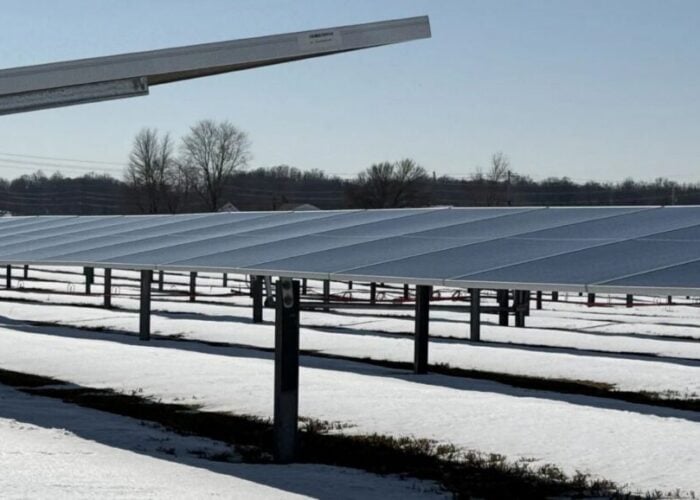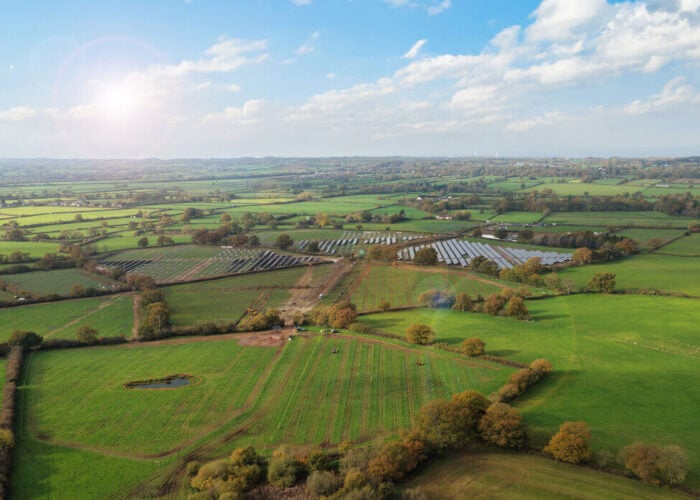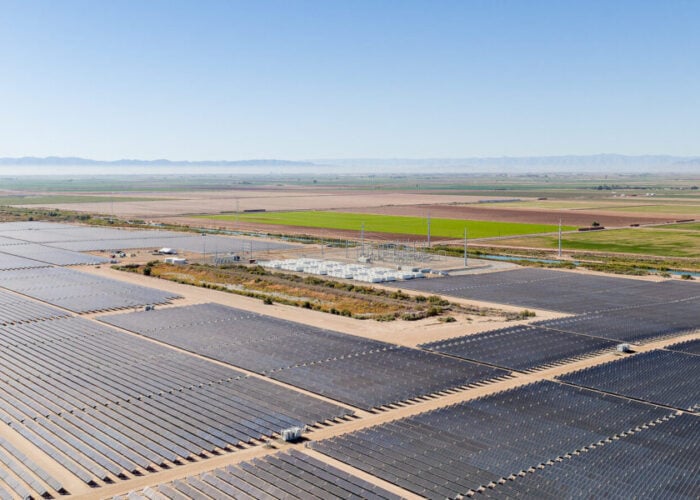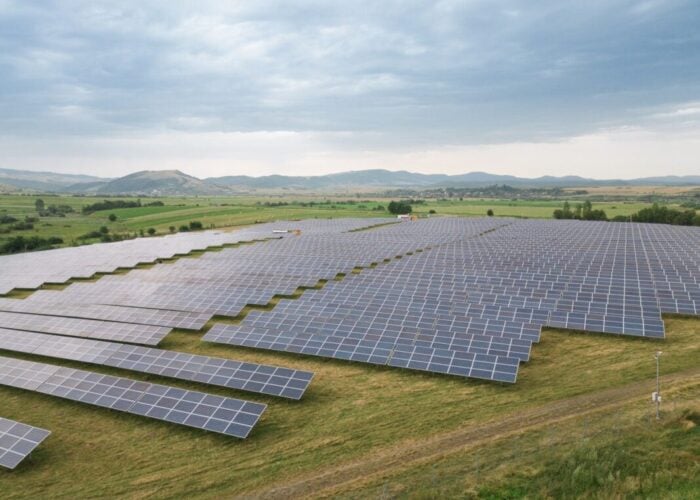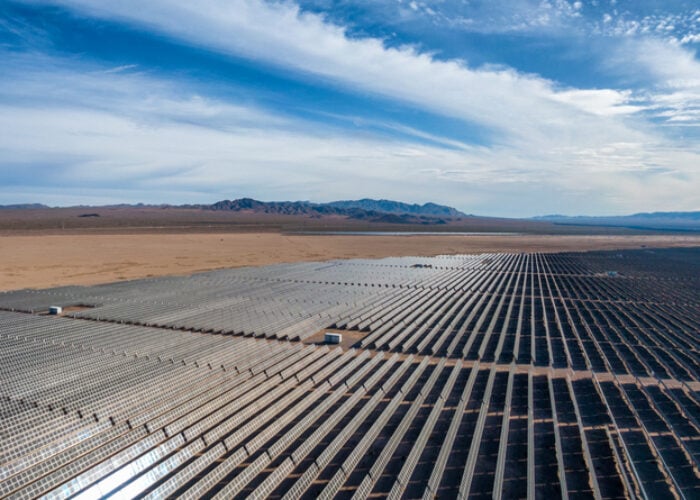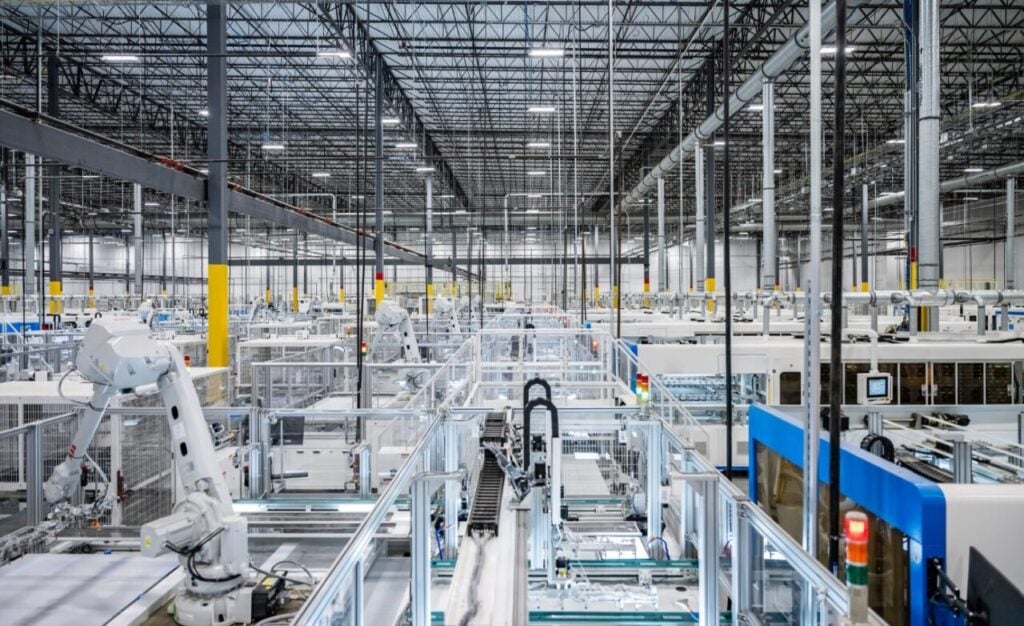
US solar manufacturer T1 Energy has selected a local construction company and secured a tax abatement package to aid the development of its 5GW cell manufacturing factory in Texas.
The company, formerly known as Freyr Battery, selected the Milam County site in Austin, Texas, for the G2 Austin cell facility earlier this year. Texas-based company Yates Construction will deliver preconstruction services and site selection, and the commissioners of Milam County “unanimously” voted to grant the company a tax abatement package for the project to minimise up-front costs.
Try Premium for just $1
- Full premium access for the first month at only $1
- Converts to an annual rate after 30 days unless cancelled
- Cancel anytime during the trial period
Premium Benefits
- Expert industry analysis and interviews
- Digital access to PV Tech Power journal
- Exclusive event discounts
Or get the full Premium subscription right away
Or continue reading this article for free
T1 Energy executive vice president Russell Gold told local news station 15 ABC that in order to receive the tax abatement, T1 Energy must invest at least US$700 million into the facility, and hire at least 1,000 local workers; the company has already said that it plans to invest US$850 million into the plant, and that its operations will create “up to” 1,800 full-time jobs.
“We’re excited to work with Yates and Milam County to bring American advanced manufacturing to the heart of Texas and to unlock our most scalable energy resources,” added T1 Energy CEO Daniel Barcelo.
T1 Energy acquired a 5GW module assembly plant, also in Texas, from Chinese manufacturer Trinasolar last year. In the first quarter of this year, the G1 Dallas facility produced 442MW of PV modules, and T1 Energy plans to use tunnel oxide passivated contact (TOPCon) cells produced at the G2 Austin facility in its modules.
Expanding US manufacturing capacity has been a priority in recent years, particularly under the Biden administration; earlier this year, the US exceeded 50GW of annual module manufacturing capacity. Cell manufacturing capacity has lagged behind, though companies such as ES Foundry and Talon PV have made strides towards building cell manufacturing capacity in the US.
However, the future of US solar manufacturing has been dealt a significant blow by the advancement of president Trump’s budget reconciliation bill, which is currently being considered by the Senate. The chairman of the US Senate Finance Committee, senator Mike Crapo, released draft legislation for the bill this week, which would slash key investment tax credits (ITCs) and production tax credits (PTCs) for solar and wind projects, which have become bedrocks of the expansion of the US clean energy sector.

